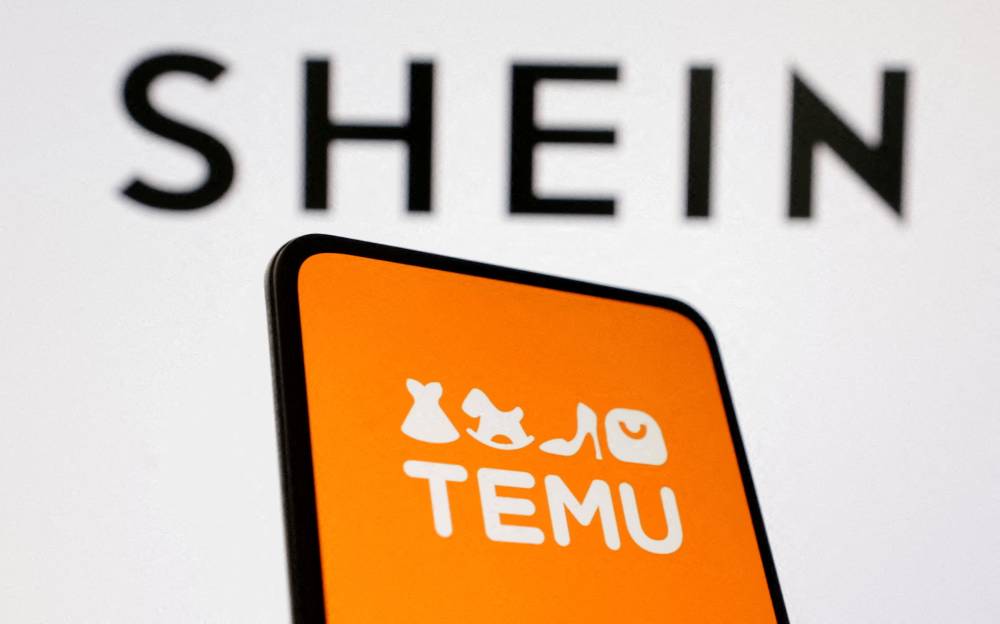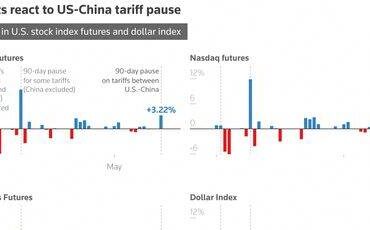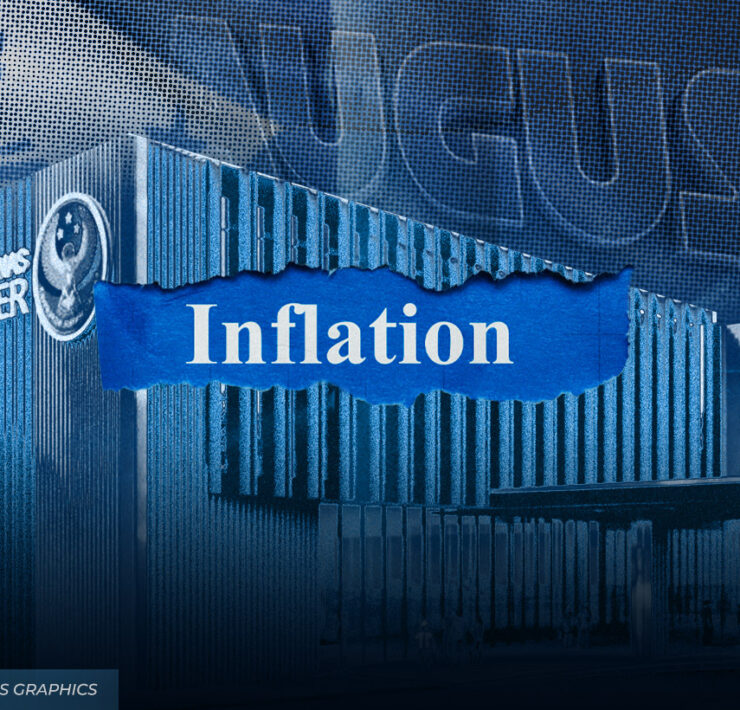US slashes ‘de minimis’ tariff on small China parcels

HONG KONG/SHANGHAI/LOS ANGELES — The US will cut the “de minimis” tariff for low-value shipments from China to as low as 30 percent, according to a White House executive order and industry experts, further de-escalating a potentially damaging trade war between the world’s two largest economies.
The order published late on Monday offers some relief to big Chinese e-commerce players Shein and Temu and follows a weekend deal between Beijing and Washington to unwind for 90 days most of the tit-for-tat tariffs imposed on each other’s goods since early April.
While their joint statement following talks in Geneva did not mention the de minimis duties, the order signed by President Donald Trump said levies for those direct-to-consumer postal shipments will be reduced to 54 percent from 120 percent for items valued at up to $800, starting on Wednesday. An alternative flat fee of $100 per postal package remains in effect, but a planned June 1 increase to $200 was cancelled.
There are different rules for packages handled by commercial delivery firms such as United Parcel Service, FedEx and DHL, which shipped millions of Shein and Temu packages before Trump ended duty-free status for Chinese shipments valued under $800.
The rate for those packages now defaults to the reduced US tariff rate of 30 percent from 145 percent for Chinese imports, two delivery experts told Reuters on condition of anonymity for fear of retribution.
10% plus 20%
The 30 percent rate reflects the Trump administration’s decision to cut China’s “reciprocal” duty rate to 10 percent from 145 percent, plus a separate 20 percent duty related to the US fentanyl crisis.
The White House and the US Trade Representative’s office did not immediately respond to a request for clarification.
Trade Representative Jamieson Greer told CNBC on Tuesday that the 10 percent global duty rate would likely remain in place to help rebuild the US manufacturing base.
Commercial shippers generally collect duties from sellers in China prior to shipment, but the US Postal Service is not set up to handle tariff collections. Four sources told Reuters most Temu and Shein shipments are handled by commercial carriers.
The US de minimis rule, which dates back to 1938, has been the target of growing criticism from both Democratic and Republican lawmakers as a loophole that allows Chinese products to skirt US tariffs and illegal drugs and fentanyl precursors to enter the US unscreened, as Reuters reporting has confirmed.
Reuters, the news and media division of Thomson Reuters, is the world’s largest multimedia news provider, reaching billions of people worldwide every day. Reuters provides business, financial, national and international news to professionals via desktop terminals, the world's media organizations, industry events and directly to consumers.





















